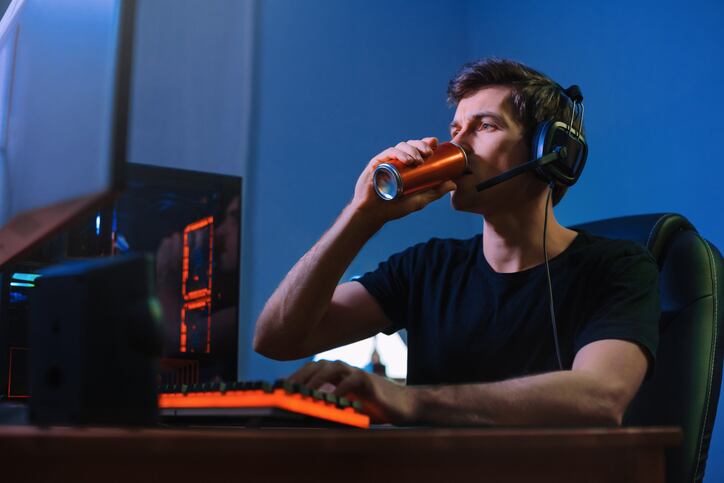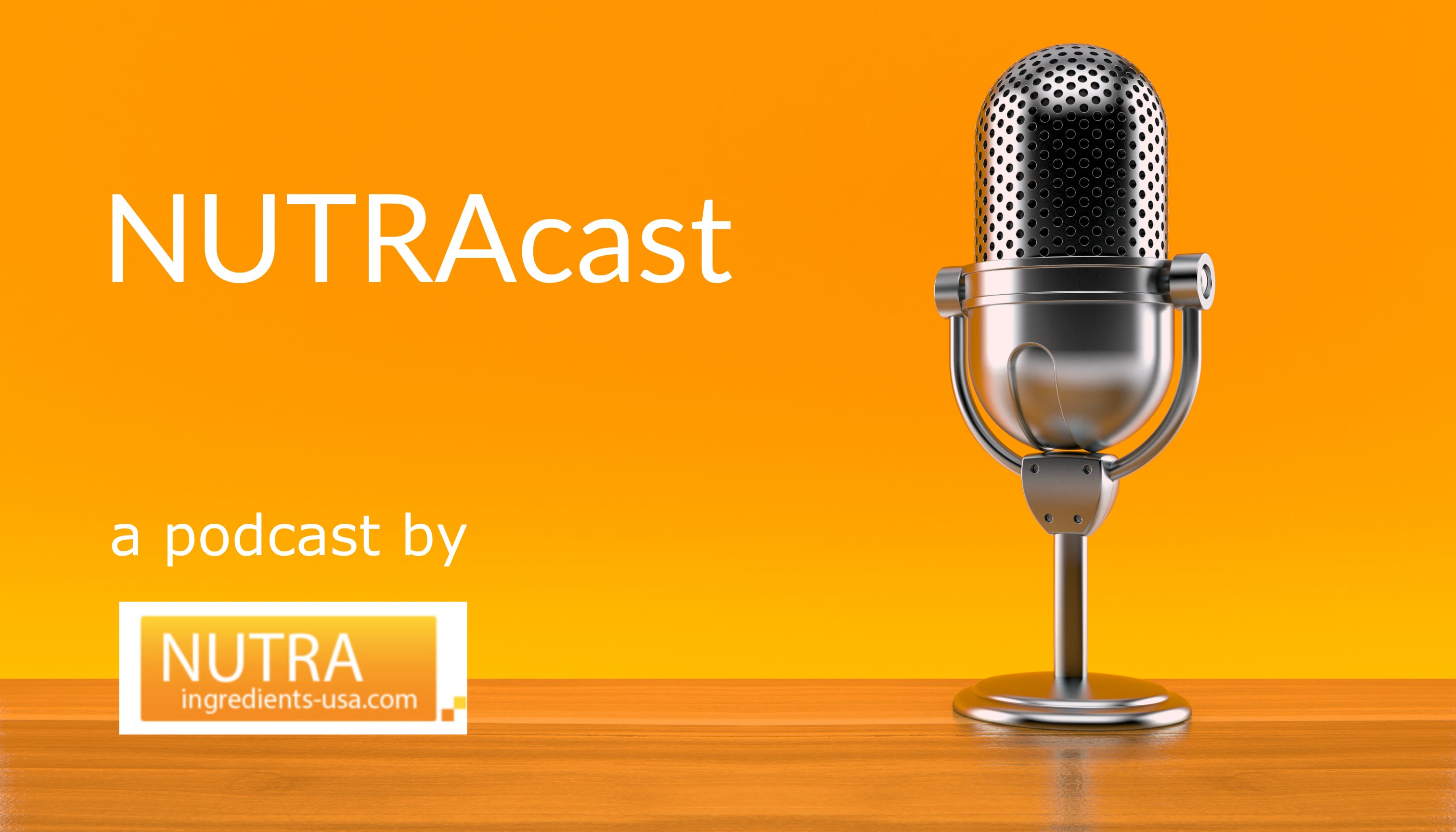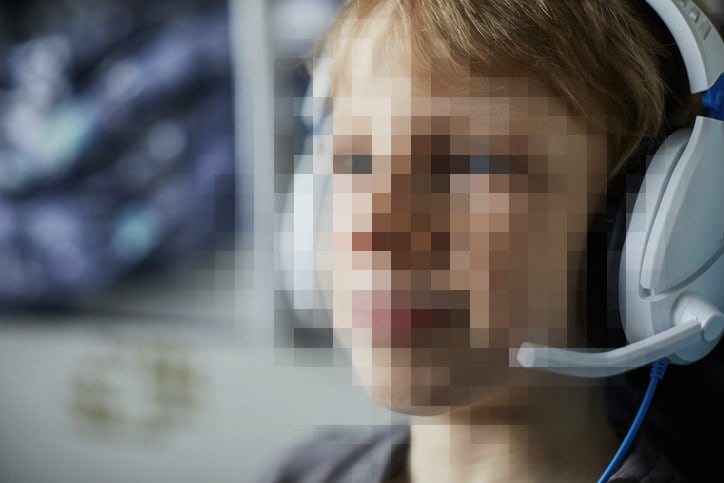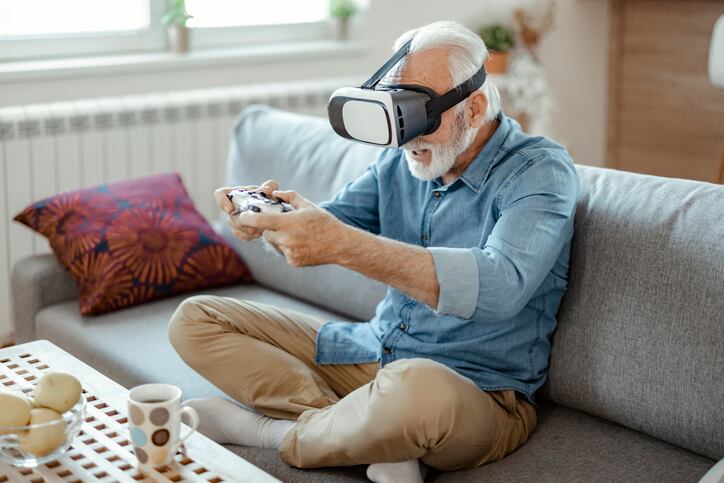What's new
Actually, nothing is new, according to Joshua Schall, MBA, Owner & President of J. Schall Consulting.
“There's probably a continuation of a lot of things that have been working for the last couple of years and that is from the main product categories energy, cognition and focus. And then outside of that, it's food and beverage applications.”
Schall added that things such as eye health–at least as standalones–are not making a big splash in the gaming world. He said brands are better off adding multiple product features like eye health ingredients into a multifunction product.
“They're looking for simplicity, rather than taking one, taking another one, then taking another. That seems like a little bit too complicated, especially for a group of consumers that are at times just getting introduced to supplements. For them to all of a sudden to be taking ten different products, similar to a hardcore bodybuilder or sports nutrition consumer, it's probably unrealistic. Even though I think brands would love to probably try to offer them these,” said Schall.
Jason Chung, Director & Esports Business Professor at New York University, said overall gamers, especially high level competitive gamers, are becoming more health conscious.
“So before it was more casual, it might have been a little bit more of a recreational pursuit. But now that careers are on the line, people are definitely taking nutrition seriously. Pro sports teams, for instance, have everything from sleep pods to nutritionists to dietitians following gamers around, making sure they eat right and that they get enough rest and that they train intentionally as well. It's not just the amount of screen time of practice, it's really about getting in quality practice as well. So yeah, absolutely, nutrition and supplements are a big part of how they keep people healthy.”
Format
“Gamers obviously have always been snacking or drinking traditional beverages or things like that. But when you roll in more value-added or functional aspects to it, like protein bars or better-for-you type snacks that maybe have adaptogens or mushrooms, those have started to take a little bit more form. But I think you still have the typical friction points for any supplement consumer when you're looking at powders. Yes, it's common, but it's also something you have to shake up and go through that process. Same with taking a pill or capsule, I think the rise of gummies has proven that people either have pill fatigue or they just don't enjoy that experience,” said Schall.
Chung echoed the convenience factor, noting that gamers are more inclined to purchase ready made drinks, as opposed to mixing something up.
“At the end of the day, it's grab and go. In fact, it's my students that are putting me on things like Liquid I.V. and other sports nutrition sort of branded stuff because that's what they want. They want something that they think is healthier for them than traditional gaming drinks and stuff like that. And they also want that convenience of being able to fit it in between their studies and their workouts and everything,” said Chung.
Is caffeine still the hero ingredient?
Chung said that while caffeine is something that always gets put in products, a lot of his students are starting to set their sights on being able to focus.
“Obviously who couldn't use a little bit of jolt of caffeine in the morning? But at the same time they're looking for different alternatives that really improve focus as well as the ability to concentrate throughout the day,” said Chung.
“Caffeine will never go away,” said Schall. “People are going to always consume something that's gonna give them a little bit of an edge. So I think from an energy drink perspective, we're probably still very early in terms of gaming-specific or energy drinks marketed to gamers. G Fuel has gaming personalities that are a part of their energy drink client, you also have game fuel from PepsiCo or Mountain Dew that also is specifically geared towards gamers. From a product ingredient perspective, I don't know if there's anything special in either one of them. I think it's just that they've taken a marketing approach to getting gamers to buy in there. So I think there's still a ton of opportunity for the energy drink space to move away from ‘OK, it's just caffeine to like caffeine plus.’ What else can we put in here that can be a lot more useful? Off the top of my head, C4 Energy comes to mind, with their smart energy product though they don't specifically talk about with gamers. It’s more broad, cognitive or productivity with extras in there like Cognizin.”
Chung added that he would like to see more intentionality from the industry.
“I think that this movement towards supplements and products that really enhance focus and clarity for a long sustained period of time is really what's really driving a lot of interest these days. The whole idea of having extreme amounts of energy and short bursts of energy, I think a lot of people who are gaming realize that it isn't really conducive for the type of activity that they do,” said Chung. “And obviously the other part is that it really depends on the segment of the population you're going for. So if you're going for first person shooters and people doing fast Twitch sort of games, then yes, caffeine definitely still has a role and short bursts of energy definitely have a role. But when you're talking about more strategic games, there's definitely a movement towards more holistic health and focus types of products."
It all comes down to the game
A gamer's needs are linked directly to the individual game, said Chung, noting that not all gamers want to take their energy levels to the max.
“It really depends on what sort of games you're looking at. Everybody thinks it's all about the extreme. It's not just about the ability to concentrate for that one game, but if the format of a tournament or the gaming sessions are super long, you really have to think about delivering energy, focus and clarity in a different way and really highlighting in the marketing just how the specific ingredient or the product itself can really help achieve that goal and harmonizing the messaging. I think that's always tricky to do because you want to do it in an organic way that isn't corporate speak, which is very difficult to do, but also do it in a way that doesn't scream ‘Hey, I'm 50 and trying to appeal to 20 year olds.’”
Chung suggests focus groups that examine all the messaging to make sure that it's consistent, believable, and most importantly, it's authentic.
“Because Gen Z and Gen Alpha are all about authenticity and advertising. So backing up your products and walking the walk is super important.”
Authenticity authenticity authenticity
Schall said the industry is experiencing a shift, where brands who created products are now looking at how they authentically be a part of the esports community.
“They want to know how to add value to the community and not necessarily just think about it as a vessel for selling things, but a vessel for creating some value within the community.”
The CPG Strategist says there is nothing new simply because the esports category is too new. Instead, we're in the midst of what Schall calls a ‘second wave.’
The second wave
“You had that first wave of gamer brands that created gamer supplements that just slapped a new label on something and called it a gamer thing. They changed the label around, they put some terrible preconceived notion of like what a gamer is by slapping a joystick on there or some interesting glitch graphics or whatever. And that was enough. They thought ‘If we put a couple extra social media posts up there that had an Xbox controller or a PlayStation, then we are good.’ But that's not the case. And now the 2nd wave of people are saying, ‘OK, we didn't do very good at the beginning. Maybe we should take a step back and think about how we do this correctly,'" said Schall.
The good thing about the gaming and esports world right now, said Schall, is that it's still in its infancy.
“For people to rush and think about this idea of the gold rush and let's try to get in as quickly as possible and there's only gonna be room for a few people – I don't necessarily think that's the case,” said Schall. “So you should take a step back and ask, “How do we do this correctly? How do we do this appropriately and not think about how to do it as quickly as possible?’ Because there's so much more that's gonna happen in this space, that when we look back five years from now, we're gonna say, ‘That was such a small, nascent space. Now it's such a more mature category.’"




